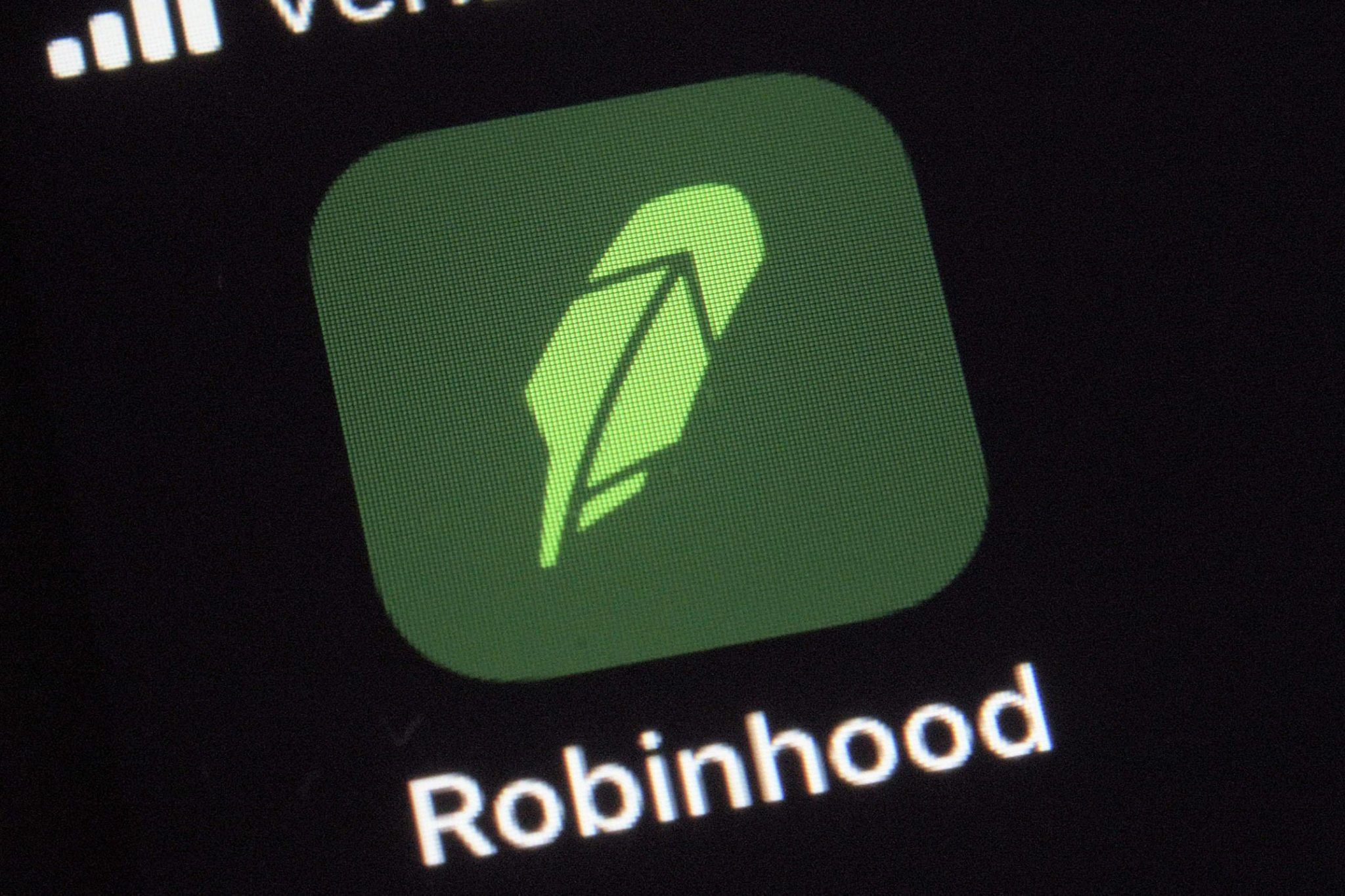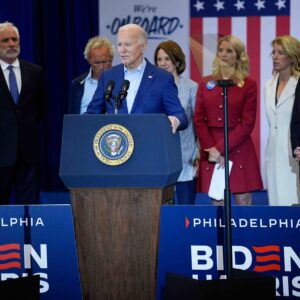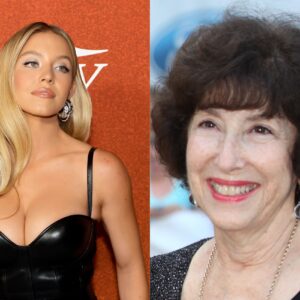If Robinhood co-Ceo and co-founder Vlad Tenev made a New Year’s resolution to have his company become more will known in 2021, mission accomplished!
He can’t stop the flood of news stories his company is in the middle of, and the phrase any publicity is good publicity might not be accurate for Robinhood.
On Sunday, Tenet used the invitation-only audio chat app Clubhouse to give his side of the story behind his platform’s decision to restrict trading in GameStop and other volatile stocks last week, and defend his actions for making that decision.
Elon Musk was asking the questions on Clubhouse, and he pushed to find out from Tenev why they would restrict trading, especially since Robinhood was one of the first commission-free trading sites and catered to smaller investors. When Tenev made the decision last week to halt the GameStop madness, Robinhood limited trading in 13 equities, and allowed clients to sell positions but not open new ones.
The move incensed many, and Musk wanted to know why Robinhood did that. “We had no choice,” Tenev said. “We had to conform to our regulatory capital requirements.”
Tenev further explained to Musk that Robinhood received a request at 3:30 a.m. Pacific on Thursday from the National Securities Clearing Corporation. The NSCC requested Robinhood make a security deposit of $3 billion to back up trades. The company secured $1 billion in emergency funds from current investors to strengthen their balance sheet and be in position to handle Friday’s trades. Musk asked Tenev “did something maybe shady go down here?”
Tenev responded “I wouldn’t impute shadiness to it or anything like that. The NSCC was reasonable subsequent to this.”
Robinhood will continue to limit trading Monday for stocks involved in short-squeezes, including GameStop. Customers will only be able to buy one share of GameStop stock and five options contracts.


















Add comment